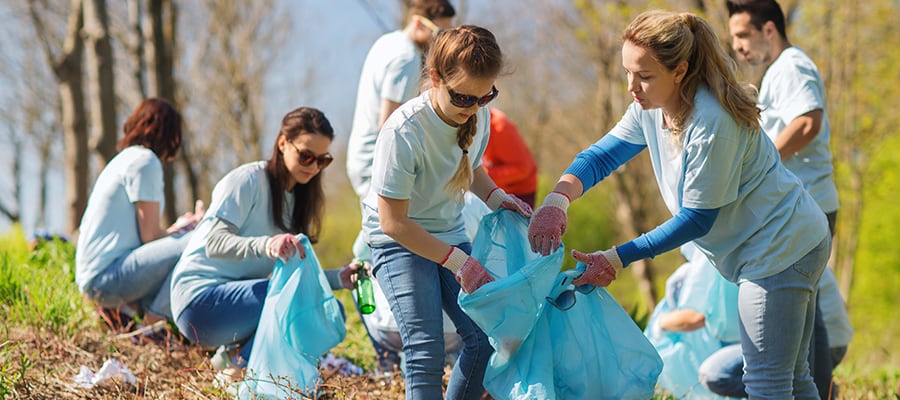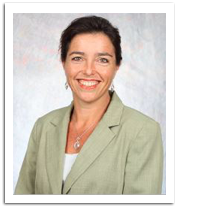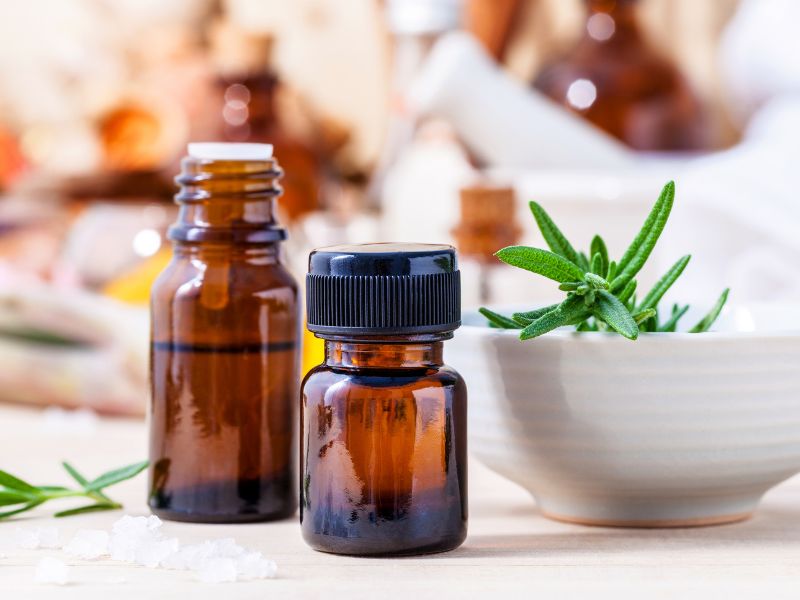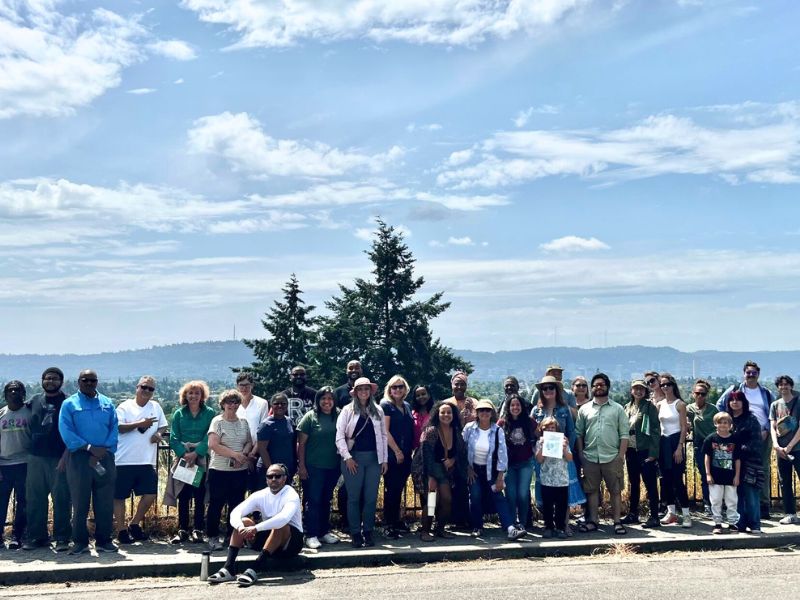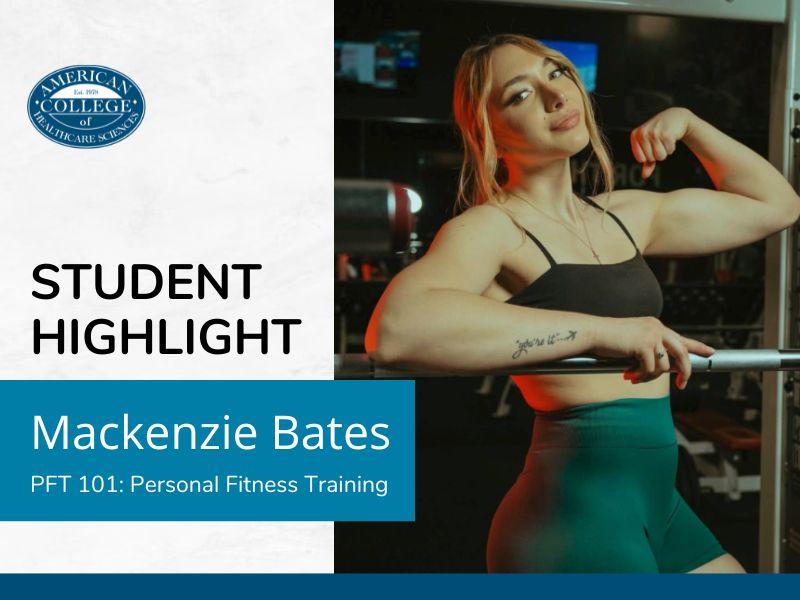A Force for Good
The ACHS community has made a commitment to be a “force for good”: we have a strong commitment to using sustainable practices and principles as an integral part of providing holistic health education and high-quality natural products. Did you know that ACHS is a Certified B Corporation®? If not, read this blog to learn more. As a faculty member of the ACHS Sustainability committee, I’m excited to share an inside look at how we #choosetoB every day!
Due to the spread of COVID-19, the B Corp Day of Service that was supposed to take place yesterday has been postponed. Instead, ACHS staff and faculty are going to find ways to improve their neighborhoods as we are all working remotely for the safety of us and those around us.
Certified B Corporation
ACHS is proud to be a part of the B Corp global community. According to B Lab, “Certified B Corporations are a new kind of business that balances purpose and profit. They are legally required to consider the impact of their decisions on their workers, customers, suppliers, community, and the environment. This is a community of leaders, driving a global movement of people using business as a force for good.”
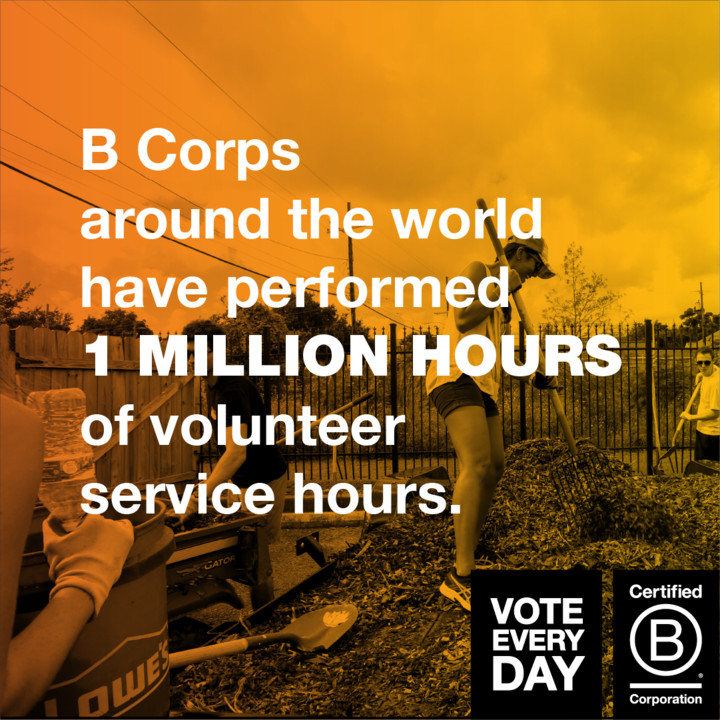 Image Copyright: B Lab
Image Copyright: B Lab
While ACHS became a B Corp recently, in 2016, Dorene Petersen made sustainability a priority since she founded ACHS over forty years ago. As she explains in the Quality Promise, the products at the Apothecary Shoppe are sourced with care, compassion, and a commitment to environmental stewardship for generations to come:
“When I founded the Apothecary Shoppe as a resource for our students and graduates at the American College of Healthcare Sciences (ACHS), I made a commitment to source the highest quality, therapeutically active, organic products and raw materials available.
Now, nearly 40 years later, I still take that commitment very seriously and regularly travel across the U.S. and internationally to meet with suppliers and distillers and visit organic herb farms and essential oil plantations. This ensures the products we stock for you at the Apothecary Shoppe are not only of the highest quality, but also ethically and sustainably produced.”
At ACHS, we are committed to treating our social/environmental impact as a primary measure of success!
With Dorene’s example and leadership, our ACHS “B team” has the opportunity to #choosetoB every day in a variety of ways.
I surveyed the ACHS staff and faculty about the ways they show their commitment and love for the earth.
How ACHS Staff and Faculty Live their Values at Work
Heather Baley says: “I use what I have- scrap paper, “old” pens, etc. I don’t buy new if I can use something I have, working remotely, turning off lights when not needed.”
Gillian Wilson wrote: “I recycle and compost, and try to use reusable food and drink containers for my lunches whenever I can. I also ride the bus to and from work every day and I don’t own a car. I limit the number of things that I print at work.”
Lisa Warman proudly exclaimed: “As an online Professor of English, I have completely eliminated the use of paper. My textbooks are online, my exams are online, and all assignments are submitted online. This is a drastic change for “good” from teaching in a traditional classroom.”
Susan Marcus shared a novel practice: “Beyond incorporating environmental and social sustainability in my teaching, I never use a garbage can or recycling bin in my office. This helps me think more intentionally about what I am generating, and if there is something that must be tossed or recycled, I take it to our centralized garbage and recycling or shredding receptacles. I get exercise that way and end up generating a lot less!”
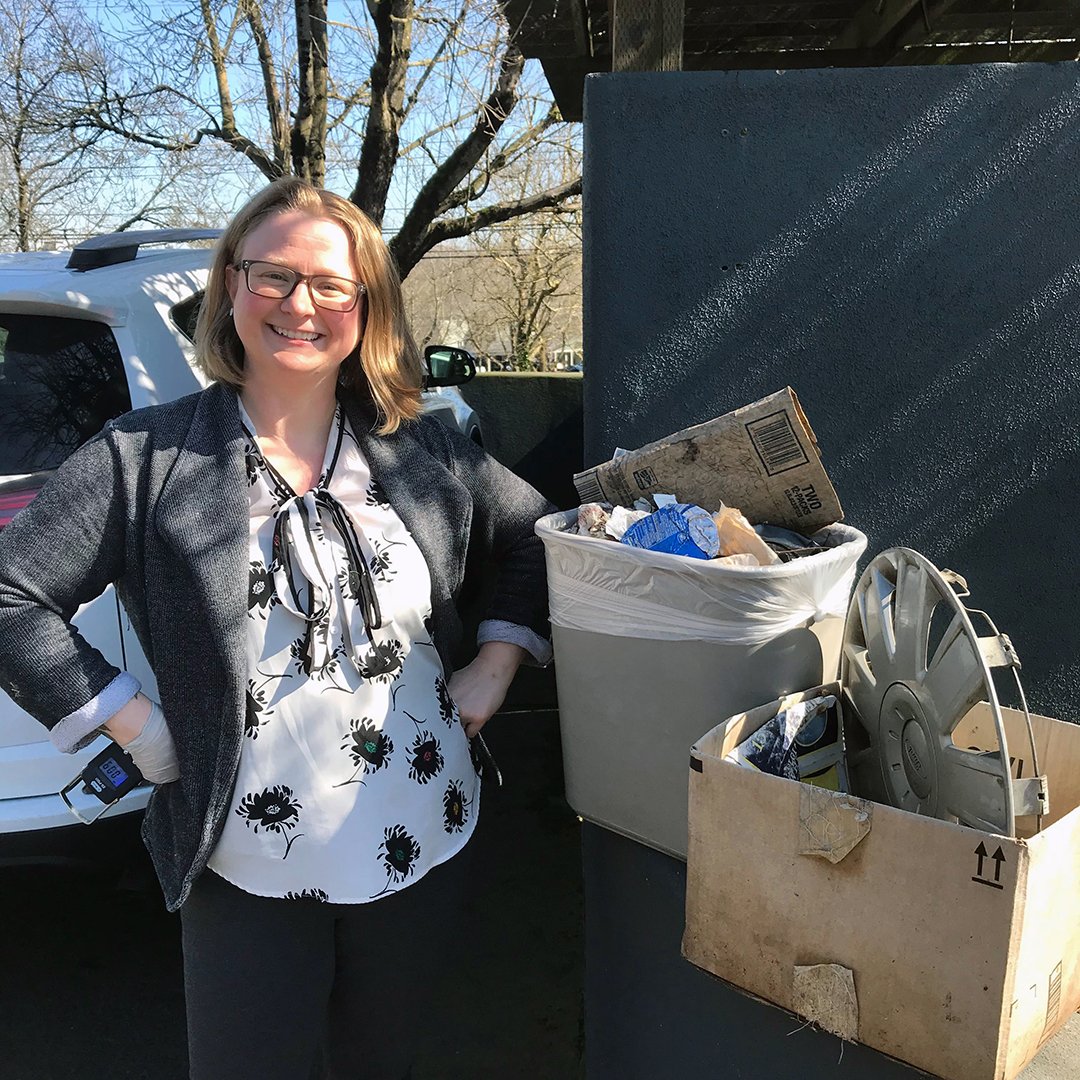 ACHS Dean of Students, Natalie, standing next to the trash that she collected during lunch one day. Her goal is to collect 100 pounds in the next few months!
ACHS Dean of Students, Natalie, standing next to the trash that she collected during lunch one day. Her goal is to collect 100 pounds in the next few months!
Helen Delfakis shared: “I use less energy by turning off the lights and electronics when not in use and lower the thermostat temperature a few degrees in the winter and increase it during the summer months.”
Lori Holdren says: “I try to do as much work virtually as I can to limit paper consumption, I bring lunch from home using reusable containers, I recycle using the provided cans, I print double-sided when I need to, I commute to work only two days per week.”
Shannon Razumovsky writes: “I try to reduce printing on paper and always recycle and compost!”
Melissa Trujillo succinctly shared “I recycle, reuse, am mindful of travel, electricity use, etc. I try not to be wasteful.”
Stephanie North models super sustainability in her administrative role: “While sustainability is part of our company missions, I have made certain my department stays in line with this mission, as each department’s role is different. We have gone completely electronic and created auditing tools to reduce our carbon footprint. It’s important that managers lead the way for their departments instead of counting on company initiatives. I also just recently moved closer to work, so I can walk instead of using alternative transportation to reduce my footprint.”
Kate Harmon says: “You can get organic cotton and wool clothes at Goodwill Buy The Pound Outlet stores. The organic cotton and wool will compost, but first, make sure to cut the labels out! The composted clothing creates a great environment for aeration around tree root systems. Be sure to check for discount days and save even more! Use this locator to find a Goodwill Outlet store near you: https://www.gwoutletstorelocator.com/goodwill-outlets-united-states/”
As a herbal medicine professor, one of my passions is sharing my commitment to ecological herbalism, ensuring that our students have the knowledge they need to be conscientious as herbalists and consumers. If sustainable herbalism is new to you, please familiarize yourself with the United Plant Savers “Species At-Risk List” and the International Union for Conservation of Nature and Natural Resources “Red List” of threatened species and avoid purchasing herbal products that are not sustainably harvested.
We want to hear how YOU live your values, too. By choosing to study at ACHS, you are essentially casting a vote. You are already a force for good! How else do you #choosetoB every day?
Stay tuned for more good opportunities to join ACHS for Earth Day activities in April and the Plastic-Free Ecochallenge in July! Due to the spread of COVID-19, ACHS is working on ways to participate in these activities while still promoting social distancing. We will provide updates as soon as we can. Stay safe and healthy out there!
Disclosure of Material Connection: I am a professor for the American College of Healthcare Sciences, the Institution that publishes this blog. However, all opinions are my own. This blog may contain affiliate links. I am disclosing this in accordance with the Federal Trade Commission’s 16 CFR, Part 255: “Guides Concerning the Use of Endorsements and Testimonials in Advertising.”
This article is for informational purposes only. It is not intended to treat, diagnose, cure, or prevent disease. This article has not been reviewed by the FDA. Always consult with your primary care physician or naturopathic doctor before making any significant changes to your health and wellness routine.
About American College of Healthcare Sciences
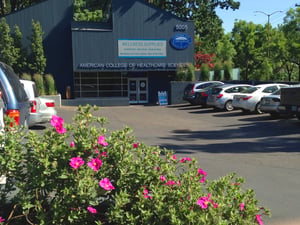 Founded in 1978, ACHS.edu is a Portland, Ore.-based, accredited college offering online, on-campus, and study abroad integrative health education. With undergraduate and graduate degrees, diplomas, certificates, and continuing education units in integrative health, ACHS makes holistic health and wellness education accessible to a diverse community, including healthcare professionals, military students, stay-at-home parents, and lifelong learners. Specializations include aromatherapy, herbal medicine, holistic nutrition, and integrative health. ACHS is a Certified B Corporation® and was named two of 100 Best Green Workplaces in Oregon 2017 by Oregon Business magazine. ACHS is also accredited by the Distance Education Accrediting Commission (DEAC), which is recognized by the U.S. Department of Education and by the Council for Higher Education Accreditation (CHEA). In response to our commitment to service members, veterans and military spouses, ACHS has been designated as one of the top 16% of military-friendly institutions in the U.S. for nine years in a row. For more information visit achs.edu.
Founded in 1978, ACHS.edu is a Portland, Ore.-based, accredited college offering online, on-campus, and study abroad integrative health education. With undergraduate and graduate degrees, diplomas, certificates, and continuing education units in integrative health, ACHS makes holistic health and wellness education accessible to a diverse community, including healthcare professionals, military students, stay-at-home parents, and lifelong learners. Specializations include aromatherapy, herbal medicine, holistic nutrition, and integrative health. ACHS is a Certified B Corporation® and was named two of 100 Best Green Workplaces in Oregon 2017 by Oregon Business magazine. ACHS is also accredited by the Distance Education Accrediting Commission (DEAC), which is recognized by the U.S. Department of Education and by the Council for Higher Education Accreditation (CHEA). In response to our commitment to service members, veterans and military spouses, ACHS has been designated as one of the top 16% of military-friendly institutions in the U.S. for nine years in a row. For more information visit achs.edu.
